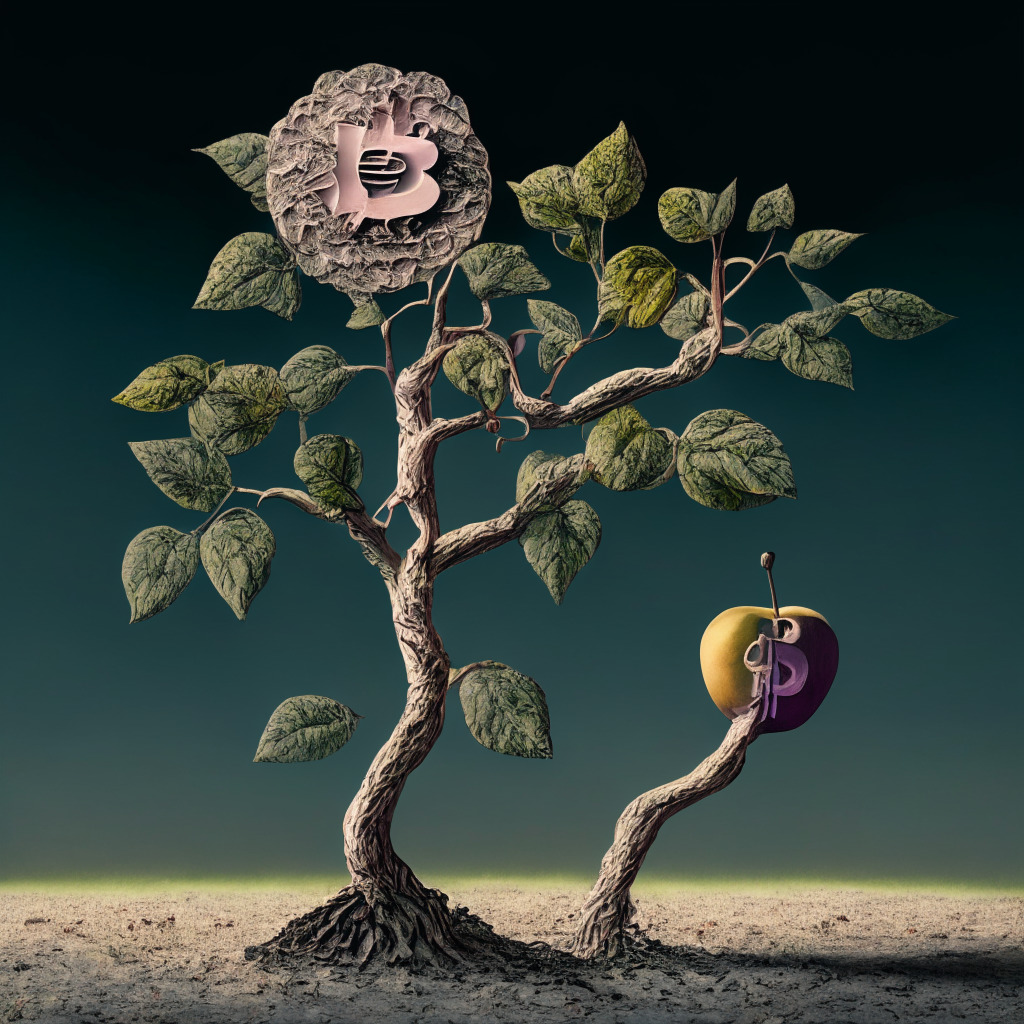A world away from the larger economies grappling with cryptocurrency’s uncertainty, the Pacific island nation of Palau is testing its own dollar-pegged stablecoin. Its journey into blockchain technology began in March, involved considerable assistance fromRipple, and resulted in the minting of the first Palau Stablecoin (PSC) in July. With a population of just 20,000 and no central bank of its own, it will be interesting to see if Palau becomes a microcosmic case study in digital currency adoption.
It’s important to keep in mind, however, that commitment to the stablecoin project is not yet guaranteed. The project’s future will be determined by a report submitted to the president and congress – a reflection on whether the stablecoin initiative will be fruitful long-term for Palau. The next steps solely depend on the decisions of the local government. While experiments in unconventional monetary policy are noteworthy, they engage a delicate balancing act with inherent risks.
Meanwhile, Palau isn’t stopping at stablecoins. The island nation is also testing the waters of blockchain technology with digital residency. Expatriates can now apply for a digital residency program developed in partnership with Cryptic Labs. Successful applicants receive a non-fungible token (NFT) representing their resident ID card, a quirky blend of technology and government documentation. Access to local perks like shipping services and a physical address are notable components of this initiative.
Simultaneously, Palau President Surangel S. Whipps, Jr. announced plans to establish a local cryptocurrency exchange. Should the digital stablecoin project prove viable, it would provide a ready-made platform for the thriving cryptocurrency ecosystem. However, it is pertinent to ask if a small island nation can handle the potential economic implications that might come with the volatile crypto market.
The Pacific appears to be a hotbed of cryptocurrency exploration. Other nations in the region, such as Tonga and the Marshall Islands, have demonstrated a keen interest in blockchain technology. While it’s certainly innovative, and these projects boost a sense of optimism, the real test will be their long-term viability and impact on these nations’ socio-economic landscape. As Palau sets a precedent, the crypto world watches closely.
Source: Coindesk




